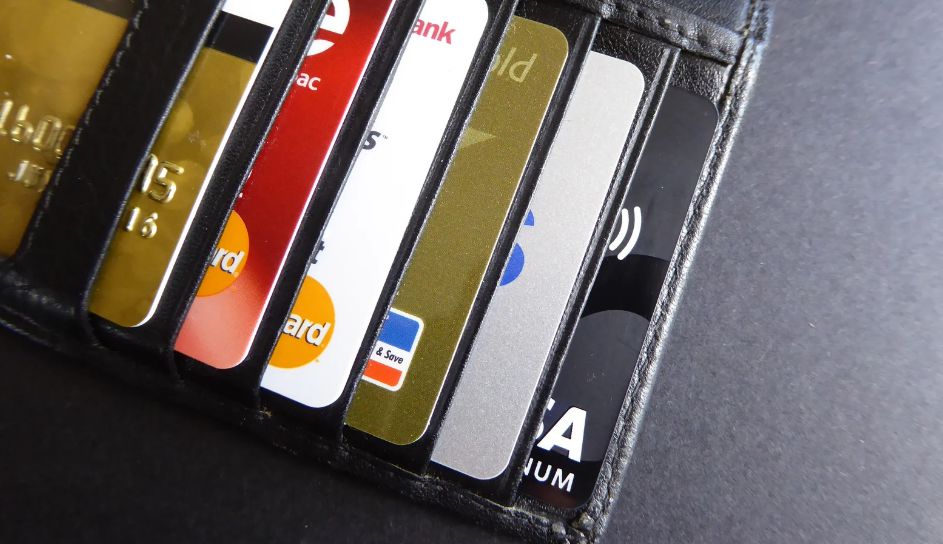Take control of your credit card usage early on to maintain financial stability and avoid falling into the trap of uncontrolled consumer debt. While credit cards are a convenient financial tool and often necessary in today’s economy, using them without proper oversight can lead to serious financial consequences.
Statistics show that consumer credit card debt continues to rise each year, especially among working-age individuals. Many cardholders initially use credit cards for emergencies but eventually fall into excessive spending habits due to easy access and lack of budgeting.
The Benefits of Credit Cards—When Used Responsibly
Credit cards are not inherently bad. In fact, they can be a powerful tool when managed wisely. Key benefits include:
- Flexibility for transactions both domestically and abroad
- Consumer protection features, such as chargeback services for disputed purchases
- Added perks, like rewards points, partner discounts, and 0% installment offers
- Administrative convenience, including booking hotels, renting cars, and securing travel reservations
However, these advantages can quickly be overshadowed if discipline and structure are lacking.
Pro Financial Strategies to Control Credit Card Usage
Before taking drastic measures like cutting up your cards, consider these expert-recommended strategies:
1. Use a Check Register or Financial Tracking App
Take an unused check register from your bank account or download a personal finance app like YNAB (You Need a Budget), Money Lover, or Spendee. Use this tool exclusively to track credit card transactions in real time. Make sure to log:
- The transaction date
- The purchase amount
- Optional: a description of the purchase
- The remaining balance after each transaction
Whether using a physical ledger or an app, this habit gives you a clear picture of your spending behavior.
2. Set a Spending Cap per Pay Period
Instead of relying on the credit card’s bank-issued limit (which is often too high), create your own personal limit based on your income and expenses. For example, if your monthly income is $2,000 and you allocate $200 for credit card expenses, start your tracking register at $200.
Each time you make a purchase, subtract that amount from your remaining balance. If you’re approaching your cap, delay non-essential purchases until your next pay cycle.
3. Align Billing Cycles with Your Pay Schedule
A common pitfall is when billing cycles don’t align with paychecks. You can:
- Contact your card issuer and request a change in your billing cycle to match your payroll schedule
- Or ignore the official billing cycle and manually pay off the balance in full every payday, regardless of the statement date
Paying off the entire balance each time you receive your paycheck is one of the best ways to avoid interest charges and maintain a strong credit score.
4. Avoid the Minimum Payment Trap
Many cardholders are tempted by the option to make only the “minimum payment” (usually 10% or less of the balance). This practice results in compounding interest, leading to ballooning debt over time. Always aim to pay your full statement balance unless you’re facing a true financial emergency.
5. Evaluate Your Cards’ Value
If you have multiple credit cards, do a periodic evaluation:
- Does this card offer tangible benefits (travel perks, cashback, dining rewards)?
- Do you use the card frequently enough to justify the annual fee?
- Is the card redundant if you already have another that offers similar perks?
If the answer is no, closing underperforming cards may be a wise financial move.
Bonus Tip: Use Credit Cards to Build Credit Health
A lot of people don’t realize that responsible credit card use helps build and maintain a healthy credit score—a valuable asset when applying for home loans, car financing, or business capital. To optimize your credit score:
- Always pay on time
- Keep your credit utilization ratio under 30% of your total limit
- Avoid opening or closing too many accounts frequently
Discipline is the Key
Take control of your credit card usage the same way you manage your household budget—intentionally, strategically, and responsibly. A credit card is not your enemy. It’s a financial tool that, when used correctly, can work for you rather than against you.
Implement the strategies outlined above and you’ll no longer fear using your credit card—you’ll be in charge, with confidence and control.
If you’d like to use a personal credit card tracking template or consult with a certified financial advisor, consider reaching out to a licensed financial institution or participating in financial literacy workshops offered by trusted agencies like the CFP Board, FDIC, or your local bank.
